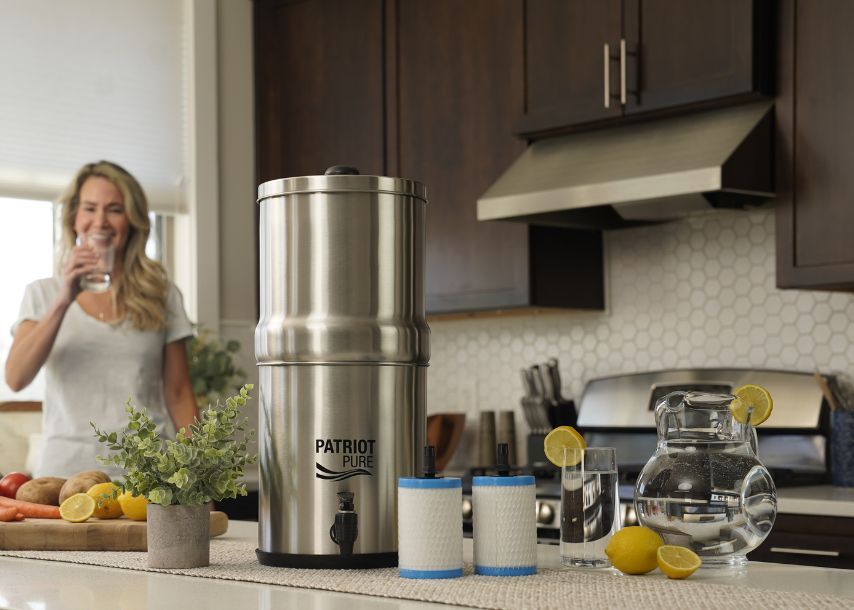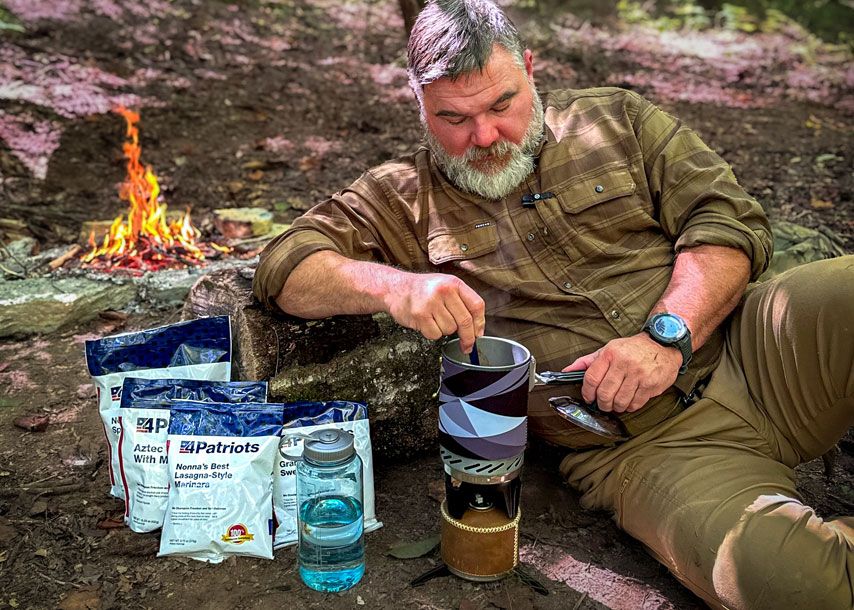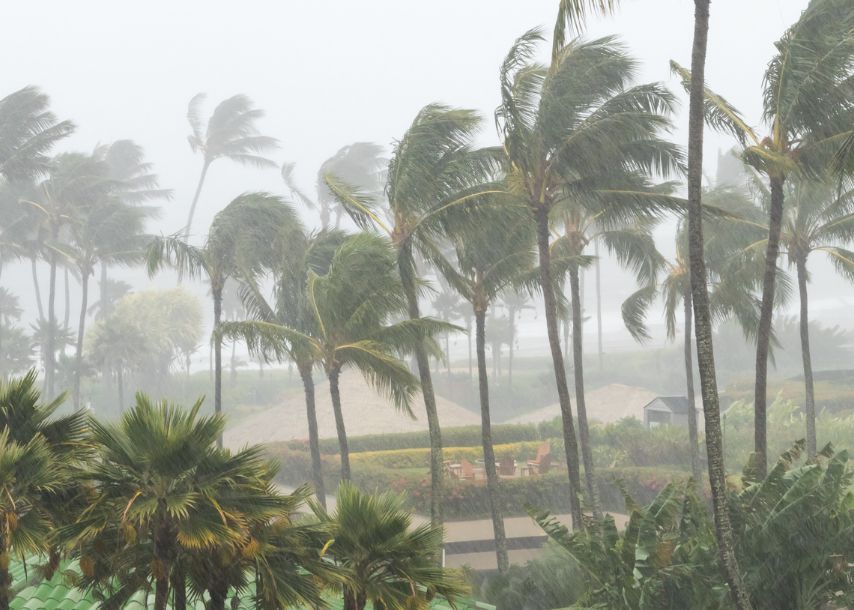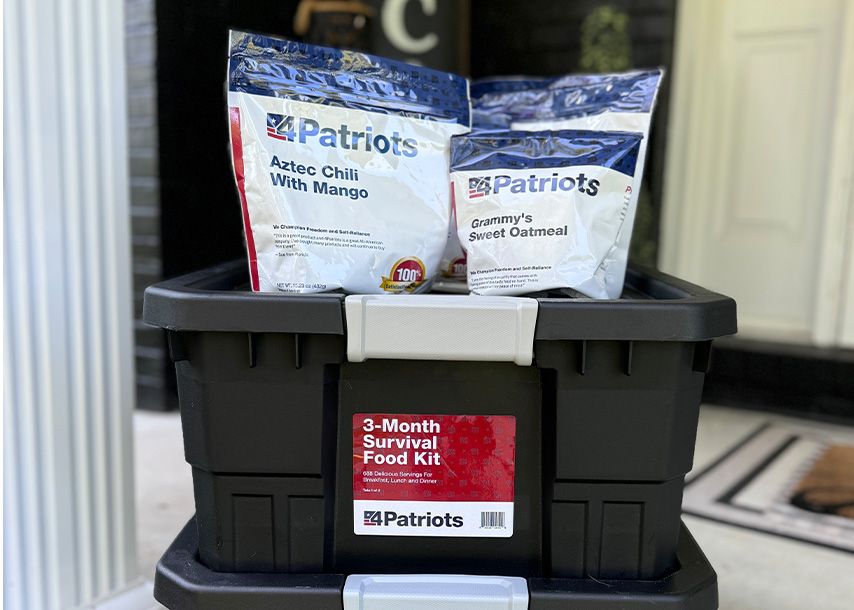20 Fall Preparedness Tips Every Household Should Know
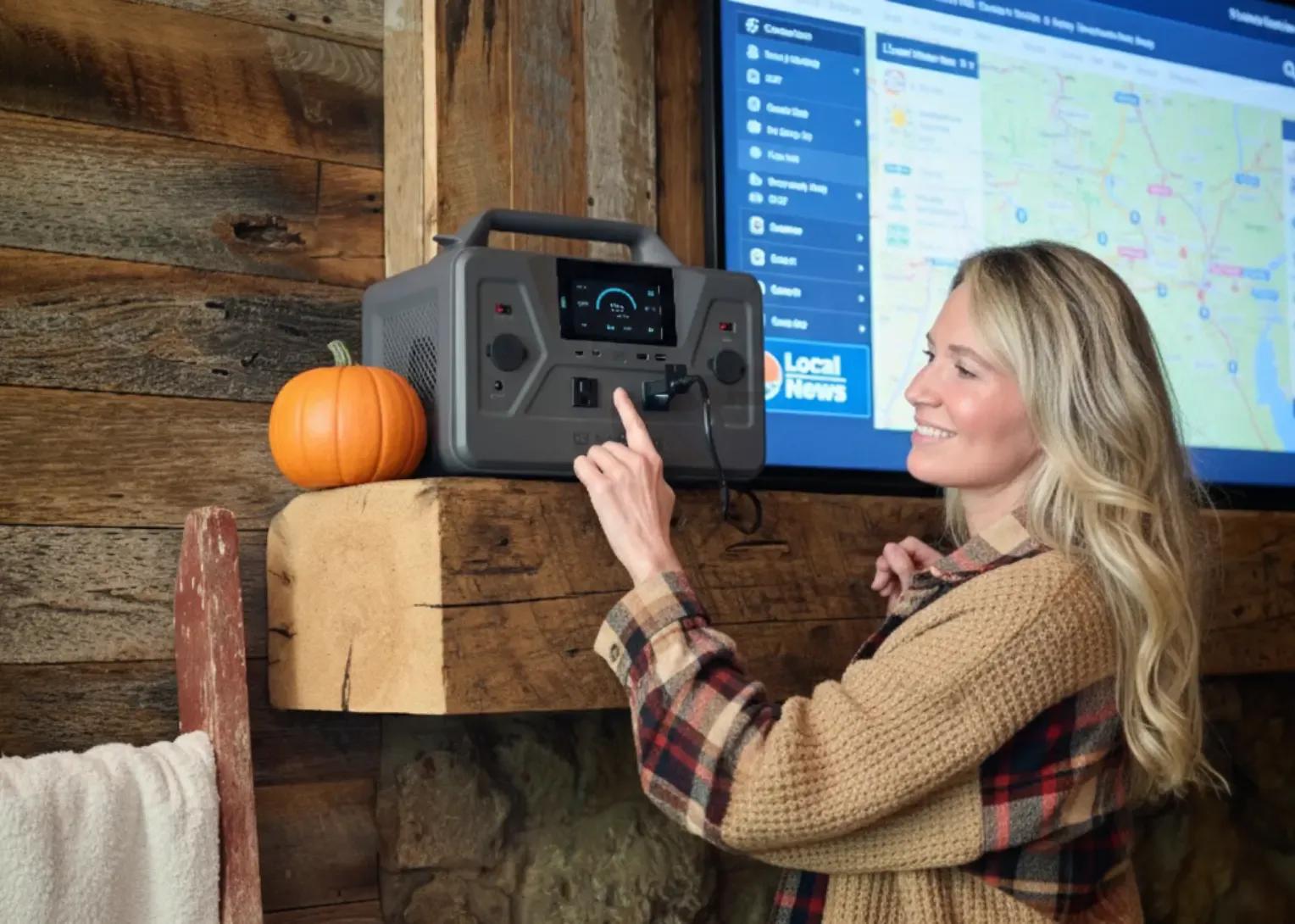
As temperatures drop and daylight gets shorter, fall is a critical time to shore up your home, supplies, and survival plans.
It’s not just about pumpkin spice and pretty leaves - it’s the calm before the storm. From sudden cold snaps to early snowfalls and overworked power grids, autumn can bring real challenges. And if you wait until winter hits? It might be too late.
According to the U.S. Energy Information Administration, the average American home experiences at least one power outage each year - and nearly 70% of those happen during the fall and winter months. And with extreme weather events on the rise, utility companies are warning that outages could last longer than ever before.
Whether you’re tending a late-season garden, heading out on a chilly camping trip, or just want to be ready if the power goes out - these 20 tips will help you stay a step ahead.
Because when it comes to protecting your family, your home, and your peace of mind… being one step ahead makes all the difference.
1. Stock up on firewood before the rush
Prices rise fast once the cold sets in - get what you need now while it’s dry and plentiful.
2. Test your solar generator
Make sure your backup power is charged and functioning before the first blackout hits.
3. Can and preserve your harvest
Turn extra fruits and vegetables into shelf-stable meals your family can enjoy all winter.
4. Rotate emergency food supplies
Keep your pantry fresh and waste-free by using oldest items first and replacing as needed.
5. Clean out your gutters
Prevent costly water damage by clearing out leaves and debris before heavy fall rains.
6. Inspect camping gear
Check tents, zippers, and sleeping bags to avoid surprises during late-season trips.
7. Sharpen knives and tools
Properly sharpened gear is safer, more efficient, and ready for any task that comes your way.
8. Plant fall garlic
Garlic planted in fall yields strong, flavorful bulbs in the spring. Plus, it’s incredibly low-maintenance.
9. Seal windows and doors
Weatherproofing your home can cut heating bills and keep rooms warmer as temperatures drop.
10. Switch to thermal base layers
Insulated clothing reduces your reliance on external heat sources and keeps you comfortable outdoors.
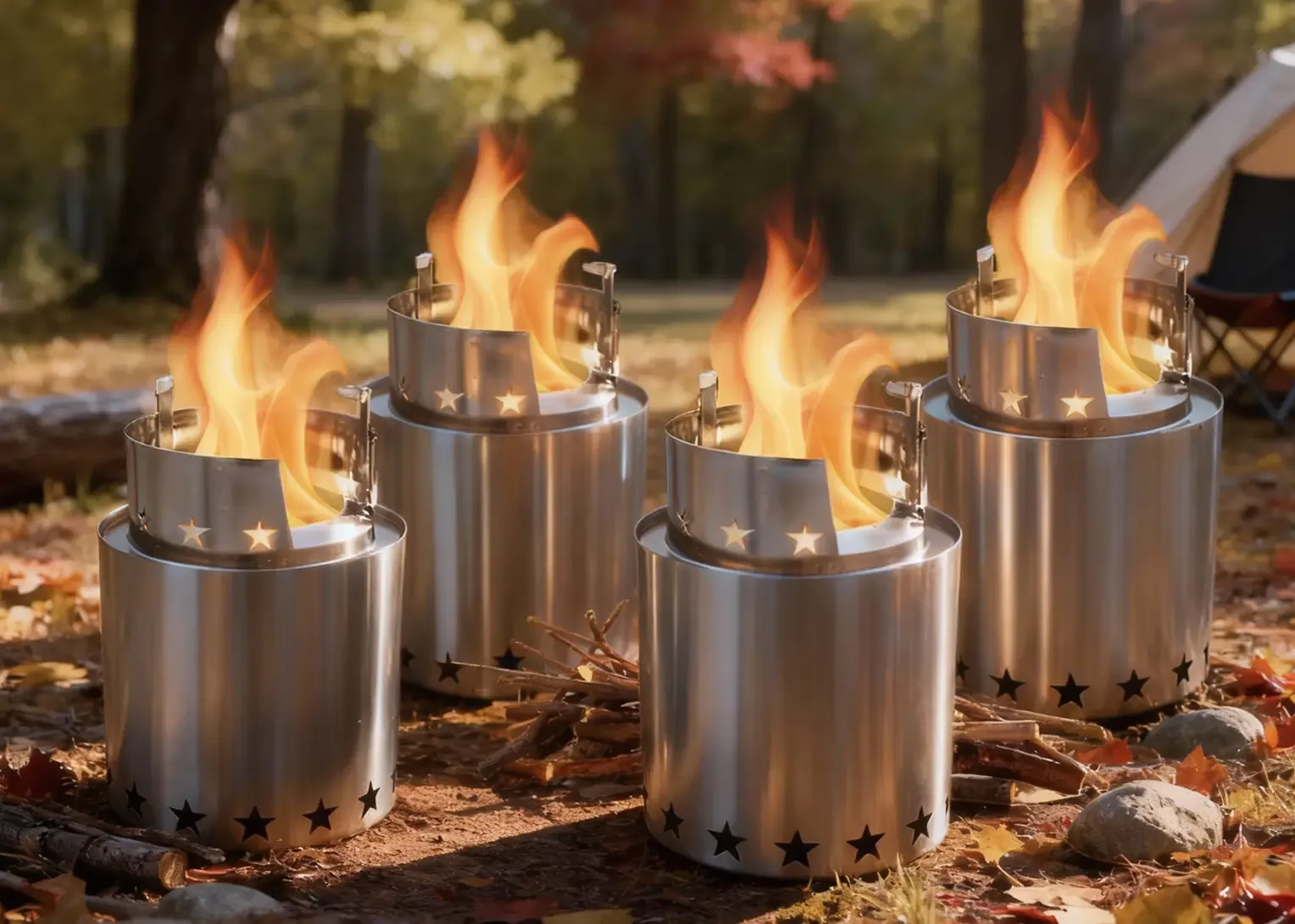
Fall-ready and off-grid tough — the StarFire Camp Stove has your back.
11. Update your go-bag
Make sure your emergency bag includes gloves, layers, and cold-weather essentials.
12. Check your water system
Ensure outdoor hoses are drained and pipes insulated to avoid costly freeze-ups.
13. Vacuum-seal summer gear
Protect tents, tarps, and tools from moisture, mold, and rodents during off-season storage.
14. Build a fall blackout kit
Include flashlights, batteries, candles, and emergency power sources in a central location.
15. Dehydrate seasonal produce
Dry apples, squash, or tomatoes for long-lasting snacks and nutrition on the go.
16. Add emergency blankets
Mylar blankets are compact, affordable, and incredibly effective at conserving body heat.
17. Practice fire-starting
Wet wood and damp conditions make fall a great time to sharpen your survival skills.
18. Collect rainwater
Harvest and store water before freezes begin - especially in areas with unreliable municipal supply.
19. Add reflective tape to gear
Early nightfall increases risk - improve visibility with tape on coats, packs, or walkways.
20. Review your first-aid kit
Cold weather brings new health risks - double-check expiration dates and refill essentials now.
Preparedness is peace of mind.
Fall can be unpredictable, but with a few simple steps, you can face it head-on - ready, warm, and confident.
Whether it’s a cold snap, a power outage, or just a chilly night under the stars, having the right gear on hand means you’re never caught off guard. Because peace of mind isn’t just for fall and winter ... it starts now.
Need a jumpstart?
Check out our best sellers to see the most trusted survival gear and supplies Americans are using to get prepared this season.

Explore More Insights
Top Emergency Essentials
References & Resources:
- National Oceanic and Atmosphere Administration (NOAA): What's the Difference Between a Hurricane Watch and a Warning?
- NOAA: Prediction remains on track for above-normal Atlantic hurricane season
- NOAA: Find your Evacuation Zone
- National Hurricane Center (NHC): Tropical Cyclone Climatology
- NHC: Storm Surge Products
- NHC: How to Use the Cone Graphic
- Ready.gov: Evacuation
- Federal Emergency Management Administration (FEMA): The National Risk Index
- FEMA: Know Your Alerts
- Environmental Protection Agency (EPA): Emergency Disinfection of Drinking Water
- Center for Disease Control (CDC): Keep Food Safe After a Disaster or Emergency

